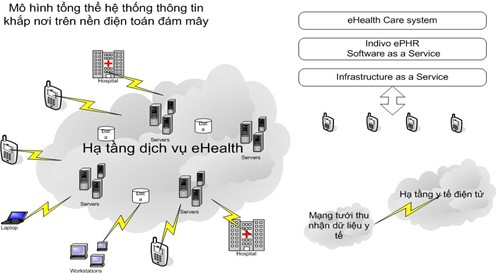
1. About the Department of Computer Engineering
Name: Faculty of Computer Engineering
Head: Assoc. Prof. Nguyen Linh Giang
Deputy Head: Ph.D. Ngo Lam Trung, Ph.D. Tran Hai Anh
Address: Building B1, Hanoi University of Science and Technology
Tel: (+84) 024 38696125
Email: ce@soict.hust.edu.vn
The Department of Computer Engineering is an institution that provides training in the significant field of Computer Engineering. The institution was established on November 28, 2021 on a combination of two Departments: the Department of Computer Engineering and the Department of Data Communication and Computer Networks. Department of Computer Engineering undertakes training for formal training education from standard training programs to high-quality Elitech training programs of the School of Information and Communication Technology from the degree of bachelors, engineers, masters to the degree of doctorates. The department staff also conducts in-depth research on cutting-edge topics in the field of Computer Engineering such as Embedded Systems and Internet of Things (IoT), Computer Network and Data Communications, and Cyber Security.
During the formation and development, the Department of Computer Engineering always aims at the mission of training high-quality human resources, contributing to the mission realization of the School of Information and Communication Technology in particular and of Hanoi University of Science and Technology in general. The Department participates in training in the following programs:
- Undergraduate training in major of Computer Engineering with the following orientations: Embedded Systems and Internet of Things; Computer Network and Data Communications; Information Security.
- Undergraduate training in other programs of the School of Information and Communication Technology such as Viet Nhat program, Global ICT program, and other Elitech programs
- Postgraduate training:
- Masters of Science program that integrates Computer Engineering major with the orientations of Artificial Intelligence and IoT, Cyber Security;
- Masters program in Information Technology;
- Masters of Science program in Cyber Security;
- Master of Science Program in Distributed System/Artificial Intelligence.
- Doctorate training in Computer Engineering, Computer Network & Data Communication.
The Department has achieved many successes in basic research and applied research in Computer Engineering with in-depth directions in AIoT and applications, Advanced Networking Technologies, Multimedia Data Processing, Bioinformatics, Cyber security, Speech processing, etc Basic research, together with applied research conducted by Department staff, focuses on developing products that benefit the community toward Industry 4.0 and Digital Transformation. Department staff has chaired many projects from different levels, from Ministerial to State level and international cooperation projects, and achieved positive, remarkable results. Several research groups in the Department have won prestigious national awards in ICT such as the Vietnamese Talent Award. In-depth research directions of the Department include:
- Embedded Systems and IoT
- Next-generation networks
- Smart online services
- Multimedia Data Processing and Communications Systems
- Artificial Intelligence, IoT and Applications in Agriculture
- Cyber security solutions
- Machine Learning and Deep Learning
- Signal Processing, Speech Processing, and Image Processing
- Global Navigation Satellite Systems Signal Processing
With a uniform number of graduates every year, bachelors and engineers in Computer Engineering have undertaken important positions in companies, big corporations and have developed successful start-up companies. The students trained and mentored by the Department have become professional engineers who are capable of researching, designing, developing, and implementing unique solutions, applications, systems, and services in the field of Computer Engineering.
2. Research and application achievements
Vietnamese Editor Software BKED
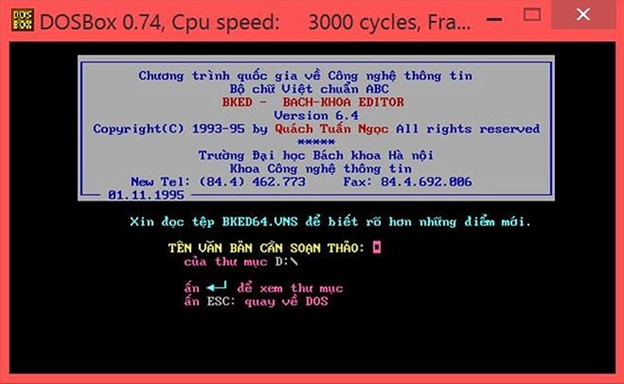
BioPKI and Multi-Biometric Authentication systems using embedded technology
The multi-biometric authentication system is the product of the 2009-2010 Protocol Project with Malaysia and the State-level Science and Technology Project KC 01.11. The system provides the functions to control access and secure electronic transactions using multi-biometric keys based on fingerprints and palm prints in subject authentication. By applying embedded technology in the process of storing and protecting the private key, the security and anti-forgery ability in electronic transactions are improved compared to traditional models.
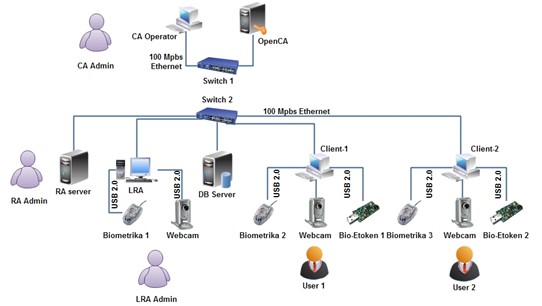
Antivirus Software BKAV
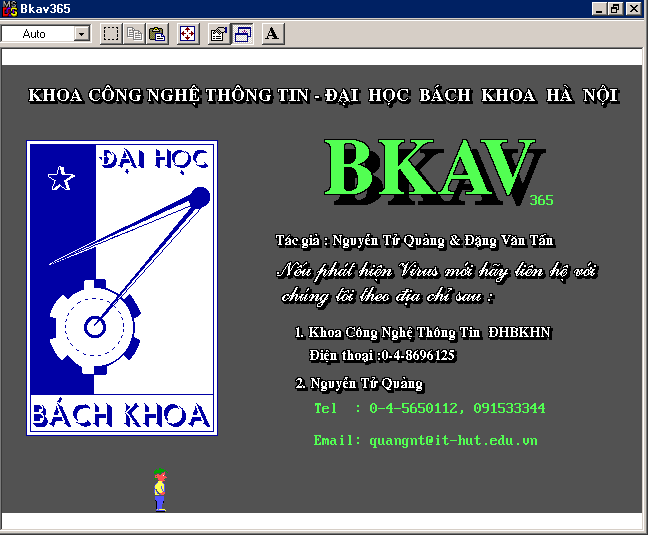
DDoS attack Prevention và Botnet Detection System
The network intrusion detection system product based on AI techniques allows detecting various forms of distributed denial of service attacks, detecting Botnet networks. The system is the product of continuous ministerial-level projects from 2009 to 2018 and is still being developed to be capable of detecting behavioral attacks. The product can reduce the number of attack sources by detecting Botnets, thereby reducing the impact of Botnets; deal directly with SYN flood attacks by detecting attacks in time and by building filtering mechanisms to block and direct attacks.
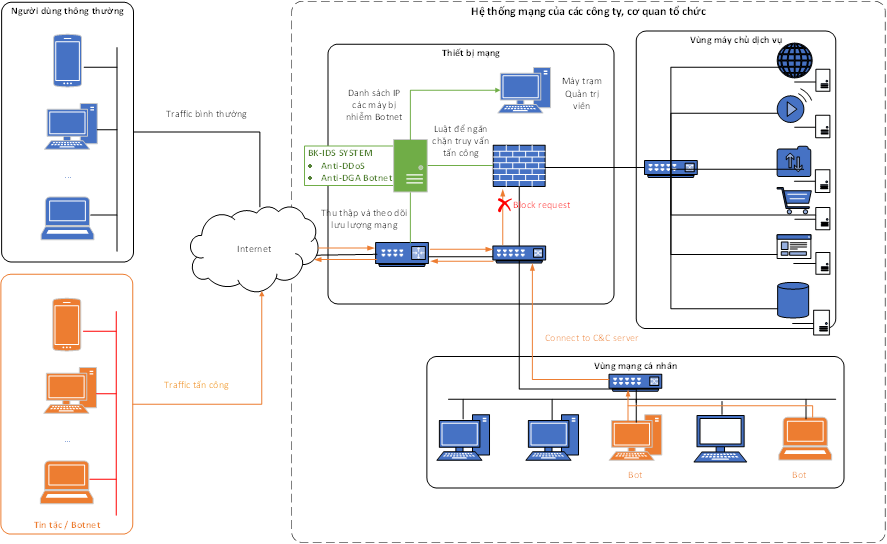
A combined AI and IoT system for monitoring and control of smart agricultural processes
The system monitors and controls the hydroponic vegetable growing system, which can be deployed in extensive agricultural facilities and big cities. This is the product of several ministerial-level projects and the international cooperation project IVO from 2015 to the present. The system is built based on a network of sensors that control the parameters of the farming environment, equipment control systems that provide nutritional conditions, and an AI-based decision set that can make control decisions for the suitability of each plant growth stage.
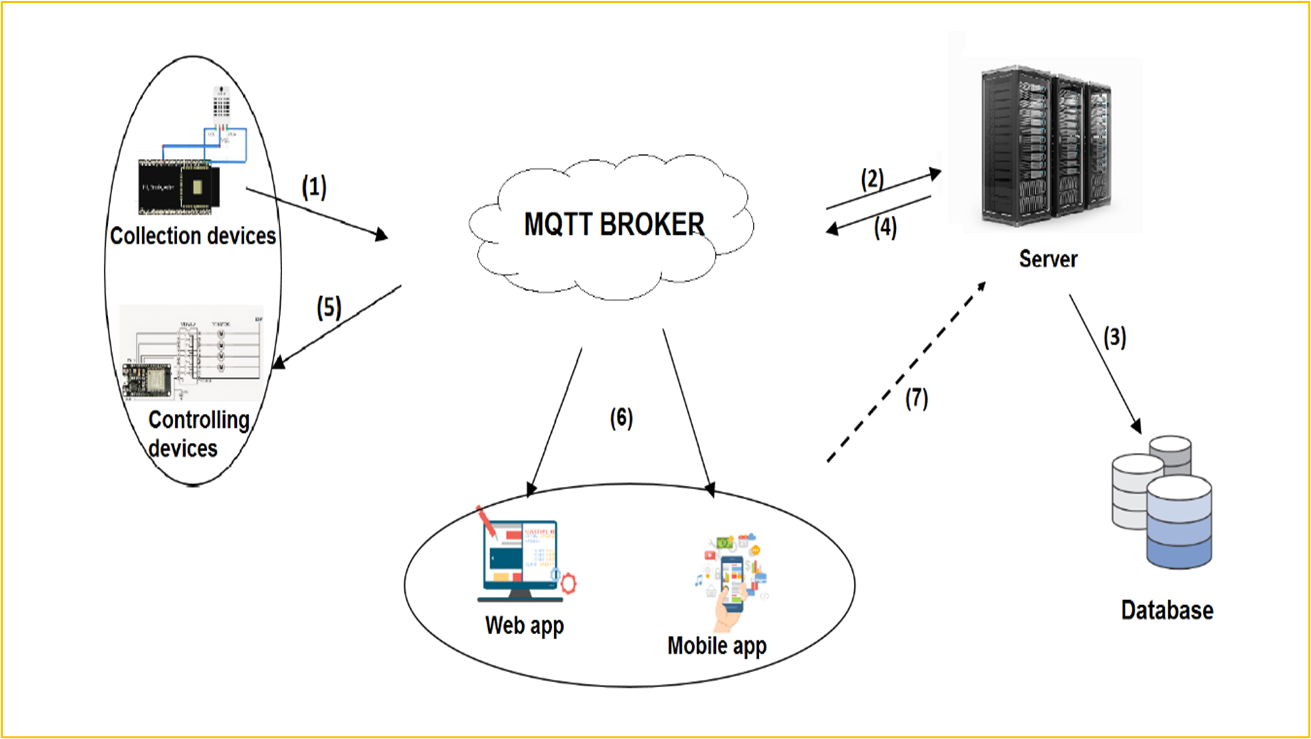
Secure medical data acquisition and management system based on IoT and Cloud Computing
The medical record management system deployed on cloud computing incorporates information security mechanisms in the connections with medical data acquisition networks via mobile devices and medical sensors. Medical data is guaranteed to be private, authentic and secure during the entire transmission from the receiving devices to the storage systems in the cloud. Information security mechanisms for the cloud-centric IoT hybrid model include device authentication mechanisms based on non-explicit PKI infrastructure (IC- PKI), data security in IoT platform OM2M, authentication mechanism when accessing the data cloud system of IoT, secure data received from IoT network to store in the cloud computing.
